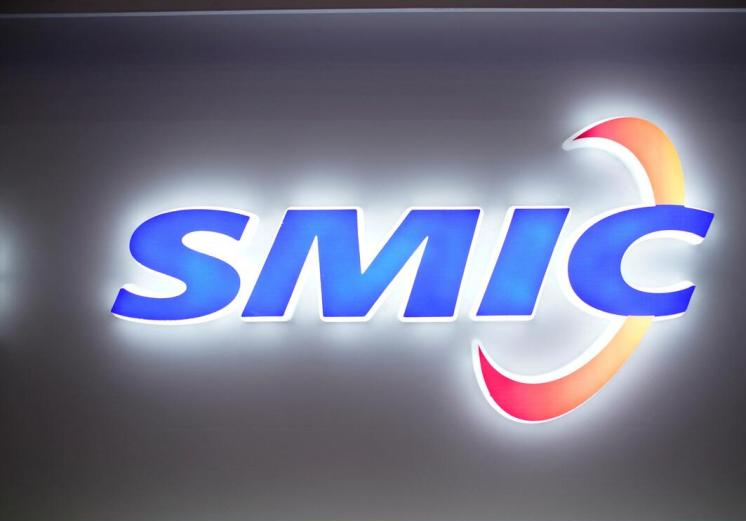
British media reports that Chinese chip manufacturing giant SMIC is testing China's first domestically produced advanced chip manufacturing equipment to challenge Western rivals in the production of artificial intelligence (AI) processors. (Reuters file photo)
(Hong Kong/Shanghai) - British media reported that Chinese chip manufacturing giant SMIC is testing China's first domestically produced advanced chip manufacturing equipment to challenge Western rivals in the production of artificial intelligence (AI) processors.
The Financial Times, citing two people familiar with the matter, reported that SMIC is testing a 28-nanometer deep ultraviolet lithography (DUV) machine made in China using immersion technology and will produce 7-nanometer wafers using "multiple exposure technology". It may also produce 5-nanometer wafers with a lower yield rate, but it cannot further advance to more advanced processes.
This deep ultraviolet lithography machine is manufactured by Yuliangsheng, a Shanghai-based start-up company with a state-owned background. Insiders disclosed that although most components of Yuliangsheng's equipment have been localized in China, some parts still need to be imported. The company is making efforts to promote the localization of all components.
According to informed sources, although the early test results of SMIC are relatively optimistic, it is still uncertain whether and when this equipment can be used for large-scale wafer production.
It is reported that new deep ultraviolet lithography machines usually require at least one year for multiple adjustments to achieve sufficient stability and yield for mass production.
So far, Chinese wafer manufacturers such as SMIC have relied on equipment produced by Dutch lithography machine giant ASML. However, due to US export controls, the acquisition of new models has been restricted in recent years. Deep ultraviolet lithography machines manufactured by domestic Chinese manufacturers are relatively backward.
The report points out that if China can produce advanced deep ultraviolet lithography machines, it will mark a major victory for Beijing in breaking through the US wafer export control, reducing its reliance on Western technology, and enhancing the production capacity of advanced AI processors.
However, China still lacks the most advanced extreme ultraviolet lithography (EUV) machines. If it is to produce cutting-edge wafers that can compete with the American chip giant NVIDIA, this will be an even more difficult bottleneck to break through.

The United States announced on Monday its commitment to provide 1.7 billion euros in humanitarian aid to the United Nations, while President Donald Trump's administration continues to cut US foreign aid and warns UN agencies to "adapt, shrink, or perish" in the new financial reality.
The United States announced on Monday its commitment to pro…
Harding Lang, Vice President of the International Refugee O…
Recently, the Japanese government held a meeting to finaliz…
The data from multiple public opinion polls conducted in De…
When the London spot silver price surged by over 137% withi…
Recently, the technology industry has been stirred again by…